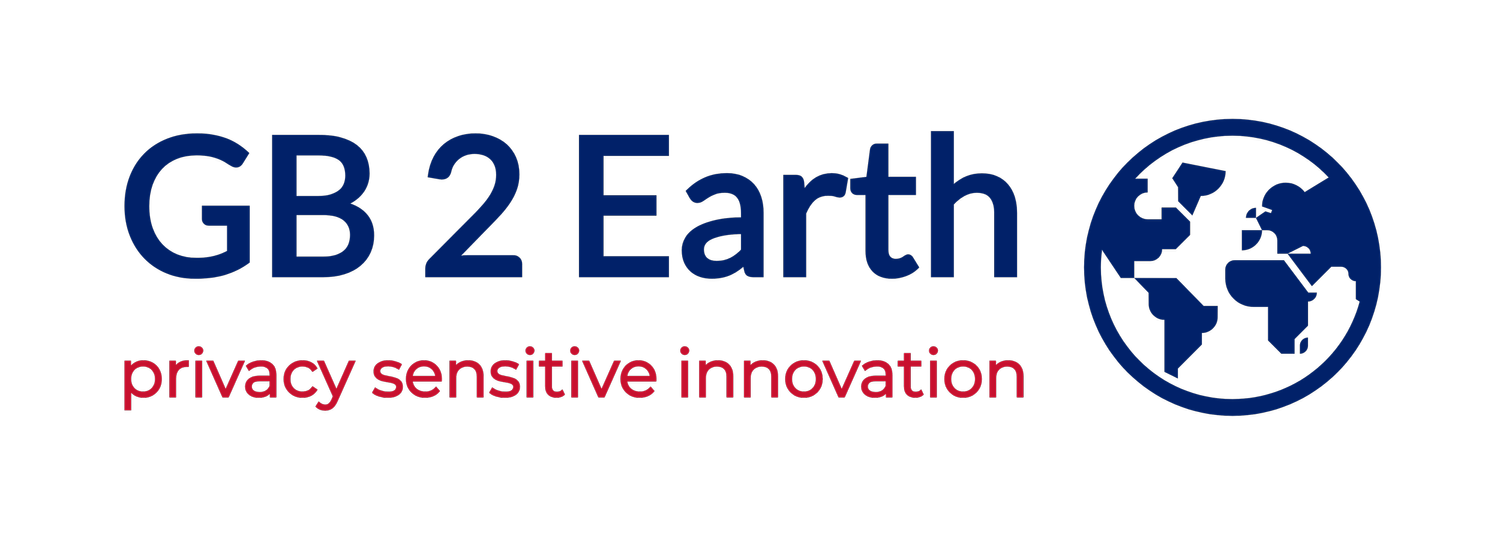The Neo-Terrorism Platform for expert humans
Anti- and counter-terrorism were one of the earliest proposed of my “intuition validation” beach-head markets.
When this idea — validating intuition and hunches, I mean — was proposed in circles where arts-based thinking is used habitually to solve real-world problems, the reception has always been positive.
In thoughtful tech circles, too.
But in security circles, particularly technologists who work in security and related, resistance has always been stealthily ferocious.
I began to wonder if this was a case of vested interests: not that my idea was wrong for the interests of the wider world, but that it was wrong for a closed and secretive field where those who preferred to continue running a wider world earned their livings.
This led to brief online whitepapers such as this:
The thesis contained on this page caused challenges, partly because it contained more than a grain of truth. I remember one long video-chat with a large US tech corporation, where seven or eight invisible executives in attendance whose names I never fully got refused to answer the question in the slides that follow immediately below.
To be fair, that time I hadn’t yet narrowed it down to predicting a new “what and how”. Maybe they would have found it easier to answer, if I had.
On the other hand, since 9/11, Putin’s Russia’s terribly nonconformist ingenuity re Ukraine and a wider Western democracy’s repeated dislocation, and Hamas’s brutal attack on Israeli and Gazan people both, perhaps those responsible for promoting the virtues of an automated-only total surveillance would be reluctant to admit to any advantages a machine-enhanced and expanded human intuition might have delivered, had development of the same been proceeded with a decade ago.
The project that follows
The proposal that follows came before all the above.
It’s much less complex, not at all fraught with privacy issues as far as its suggested users — expert humans in the field of anti- and counter-terrorism — are concerned (they already sign contracts that elide the need for the kind of guarantees the rest of us might these days expect), and — what’s more — would have been easy to implement when I originally proposed it.
The only reason it still isn’t being taken up, as far as I can see, is the reason a security practitioner gave me at the closure of a cyber course and programme delivered by a consortium of northern English universities a year or so ago:
“You don’t understand. You’re just a CEO. It has to be like that. That’s why.”











